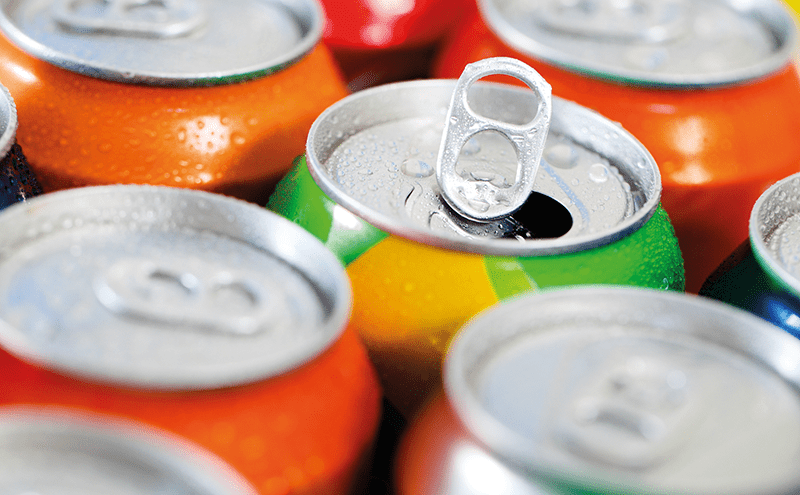
On 30 June the Scottish Government announced it has commissioned detailed work on how a potential ‘deposit return scheme’ (DRS) for used drinks containers might operate in Scotland.
The Cabinet Secretary for the Environment, Climate Change and Land Reform, Roseanna Cunningham, said the work was being undertaken by Zero Waste Scotland. She said there are “a number of issues for the Scottish government to consider” when it comes to working out how a DRS would work in practice.
There are plans to form a steering group on the matter, with invitations issued to stakeholders in sectors such as drinks, retail, packaging and waste management.
Findings published on 30 June by ZWS reveal current PET recovery rates in Scotland ranging between 47 and 52 per cent. Aluminium drink cans have a recovery rate of between 40 and 60 per cent while glass bottles have a recovery rate between 70 and 90 per cent.
The evidence from other European countries where DRS’s operate suggests the possibility of a significant hike in these recovery rates, if it could be made to work.
A beverage packaging deposit scheme launched in Germany in 2003 saw the rate of return of refillable bottles rise to 98.5 per cent seemingly the highest return rate in the world.
Similarly, in Sweden schemes for cans and PET plastic bottles have yielded recovery rates of 86 percent and 77 percent respectively.
At present there is uncertainty around “the exact tonnage of targeted containers in residual / recyclate collections currently”, said ZWS, as reported by the BBC, as well as “what might be in scope for any deposit system”. There is also a lack of clarity about the capture rate of a potential DRS.
ZWS will investigate design options and the associated costs and benefits of how a deposit return scheme could operate in Scotland’s unique environment. Options will then be put to the public for consultation before Ministers make a final decision.
Commenting on the announcement, the Scottish Retail Consortium’s head of policy and external affairs, Ewan MacDonald-Russell, raised the issue of the increased cost to retailers, amounting to tens of millions to install the reverse vending machines that might be required, as well as using up valuable floor space for an activity that doesn’t add to the bottom line.
However, Zero Waste Scotland says its modelling suggests gains for local authorities of between £1.3m and £9.2m, for kerbside collection services, and disposal gains of between £2.6m and £6.2m at current market rates. And the recyclates provided by a DRS would support further gains of between £2.8m and £3m. Litter management costs could also see a £10m to £40m cut.







